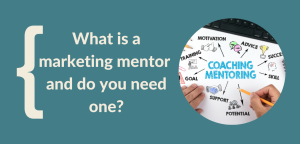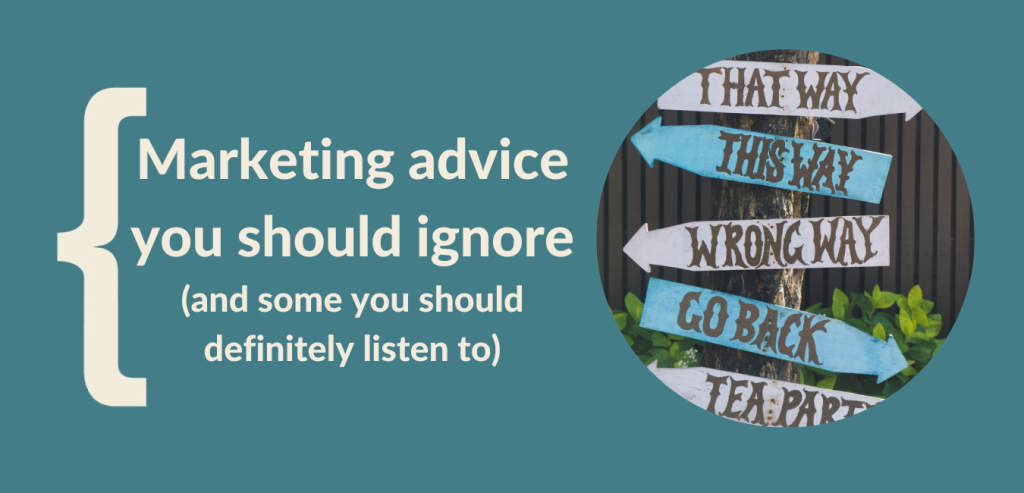“Keep going – it just takes time”
I recently saw someone post that they weren’t getting results on LinkedIn.
They were following all the usual advice:
“Show up daily”
“Be authentic”
“Don’t be salesy”
They were doing all that and they still weren’t getting results.
So what useful advice were they given to solve this problem?
“Keep going”
“Don’t lose faith – trust in the process”
“All the hard work will pay off – you just need to give it time”
Seriously?
If you’ve been posting content on LinkedIn (or any platform) for a year, and spending hours engaging, connecting, and commenting, and you haven’t got a single client in return for your effort, do not “keep going”.
Change what you’re doing because it’s clearly not working.
Yes – sometimes marketing takes time to generate results.
But it shouldn’t take that long.
If you are putting hours of time and effort into any type of marketing and it isn’t getting results, please don’t just “keep going”.
Figure out why it’s not working.
Are you building the right audience?
Are you making it clear who you help and what problems you solve for them?
Do people know what you sell?
Do you attract a lot of interest, but struggle to convert browsers into buyers?
Is it your marketing that’s letting you down or your sales process?
It’s fine to invest in long-term strategies when you’re established and already have a consistent flow of clients. But when you’re starting out or you’re still not making enough to cover the bills, you need to focus on getting results quickly.
If you can’t afford to sit and wait for customers to come to you, you need to go out and find them. Be proactive – reach out to them.





